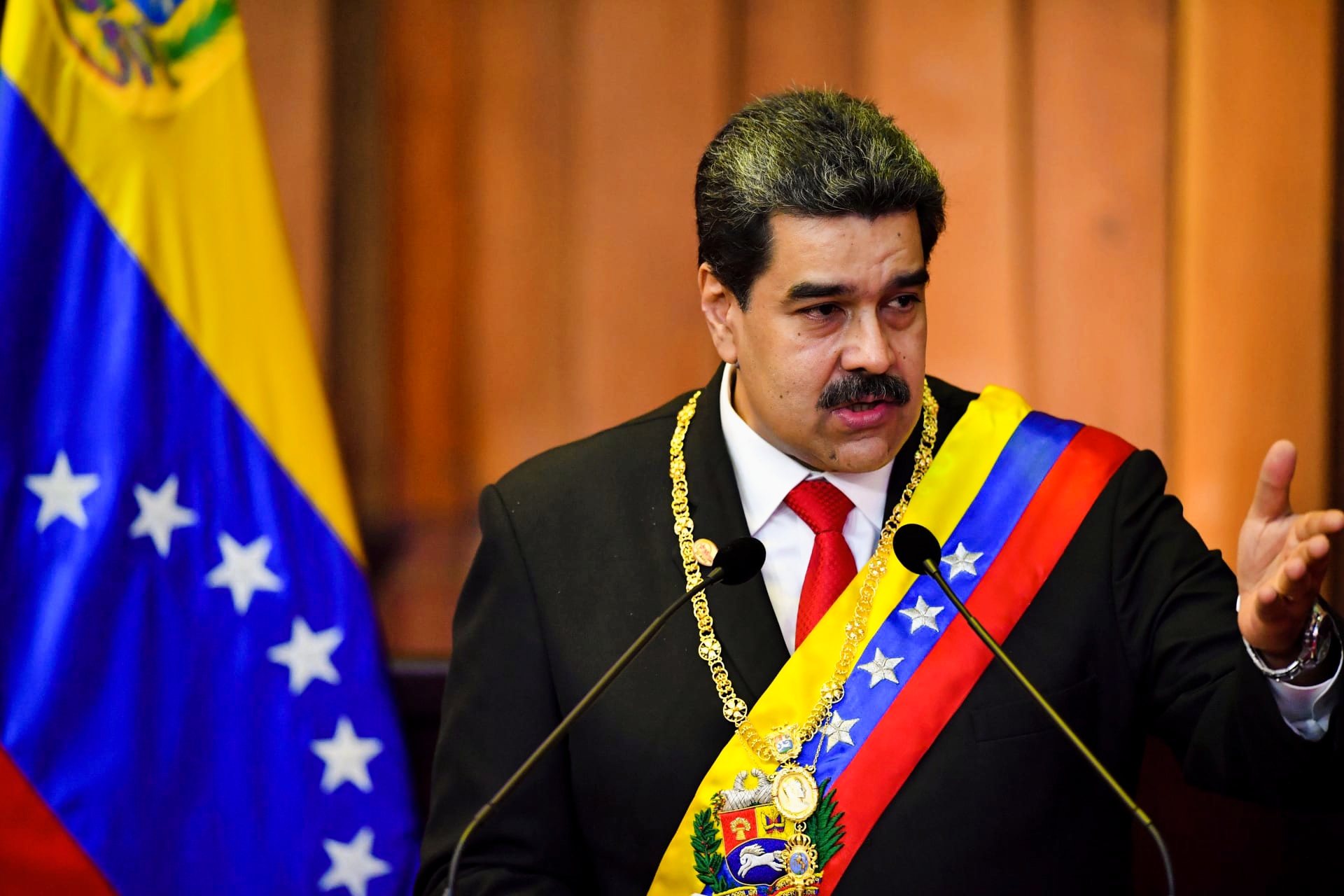In a notable escalation in the confrontation with the Venezuelan regime, the United States announced yesterday, Thursday, August 7, that it has doubled the reward for the capture of Venezuelan President Nicolás Maduro to $50 million, in a move that confirms Washington's insistence on pursuing him legally on charges related to drug trafficking and terrorism.
U.S. Attorney General Pam Bondi said in a post on the "X" platform (formerly Twitter):
"The Departments of Justice and State announce a reward of $50 million for information leading to the capture of Nicolás Maduro."
The United States had previously offered a reward of $25 million last January, before deciding to double it now, indicating increased pressure on Maduro, whom Washington describes as one of the world's largest drug traffickers.
In a video clip accompanying the announcement, Bondi confirmed that:
"Under President Trump's leadership, Maduro will not escape justice and will be held accountable for his heinous crimes."
She explained that the U.S. Department of Justice has seized more than $700 million in assets linked to Maduro so far, including two private jets.
She added that 7 million tons of seized cocaine can be directly traced to Maduro, noting that he is involved with smuggling gangs that are flooding the United States with cocaine mixed with fentanyl.
The roots of the case date back to 2020, when a federal court in Manhattan, during Donald Trump's first presidential term, issued an indictment against Maduro and several of his close associates, including charges of conspiracy to import cocaine into the United States, as well as charges of drug-related terrorism.
At that time, a reward of $15 million was offered for his capture, which the Biden administration later raised to $25 million, the same amount that Washington offered for the head of Osama bin Laden after the September 11, 2001 attacks.
Despite the increasing rewards and international pressures, Maduro remains clinging to power, defying U.S., European, and Latin American condemnations of his controversial re-election in 2024, which several countries described as fraudulent, and announced their recognition of his political opponent as the legitimate president of Venezuela.
It is noteworthy that last month saw a significant development in the relationship between Washington and Caracas, after the Trump administration struck a deal with Venezuela to release 10 detained American citizens in exchange for the return of dozens of migrants to El Salvador, as part of a broad immigration campaign launched by the U.S. administration.
In a surprising turn, the White House allowed the American oil company "Chevron" to resume drilling in Venezuela, despite previous sanctions that had prevented that.
Will Washington succeed in capturing Maduro after raising the reward, or will the Venezuelan leader continue to challenge the United States from the heart of Caracas?

